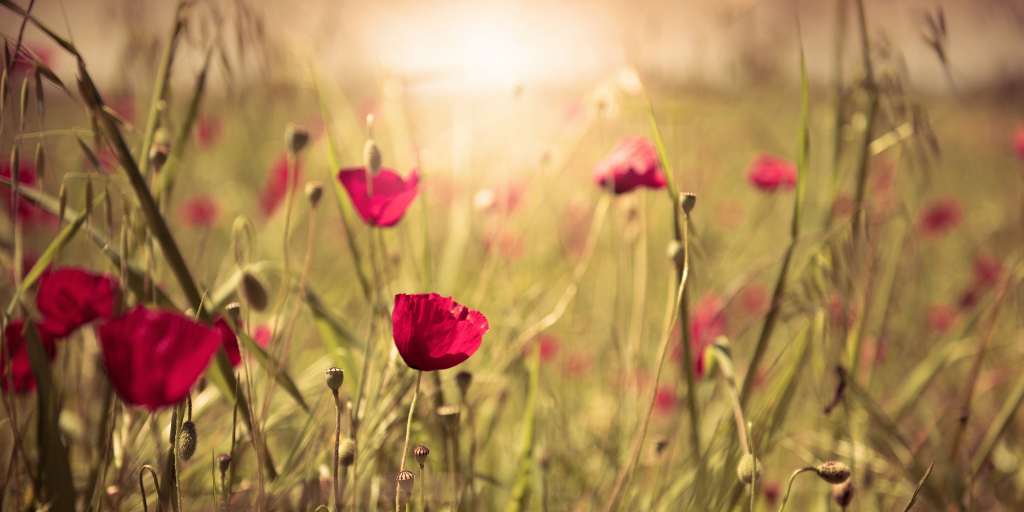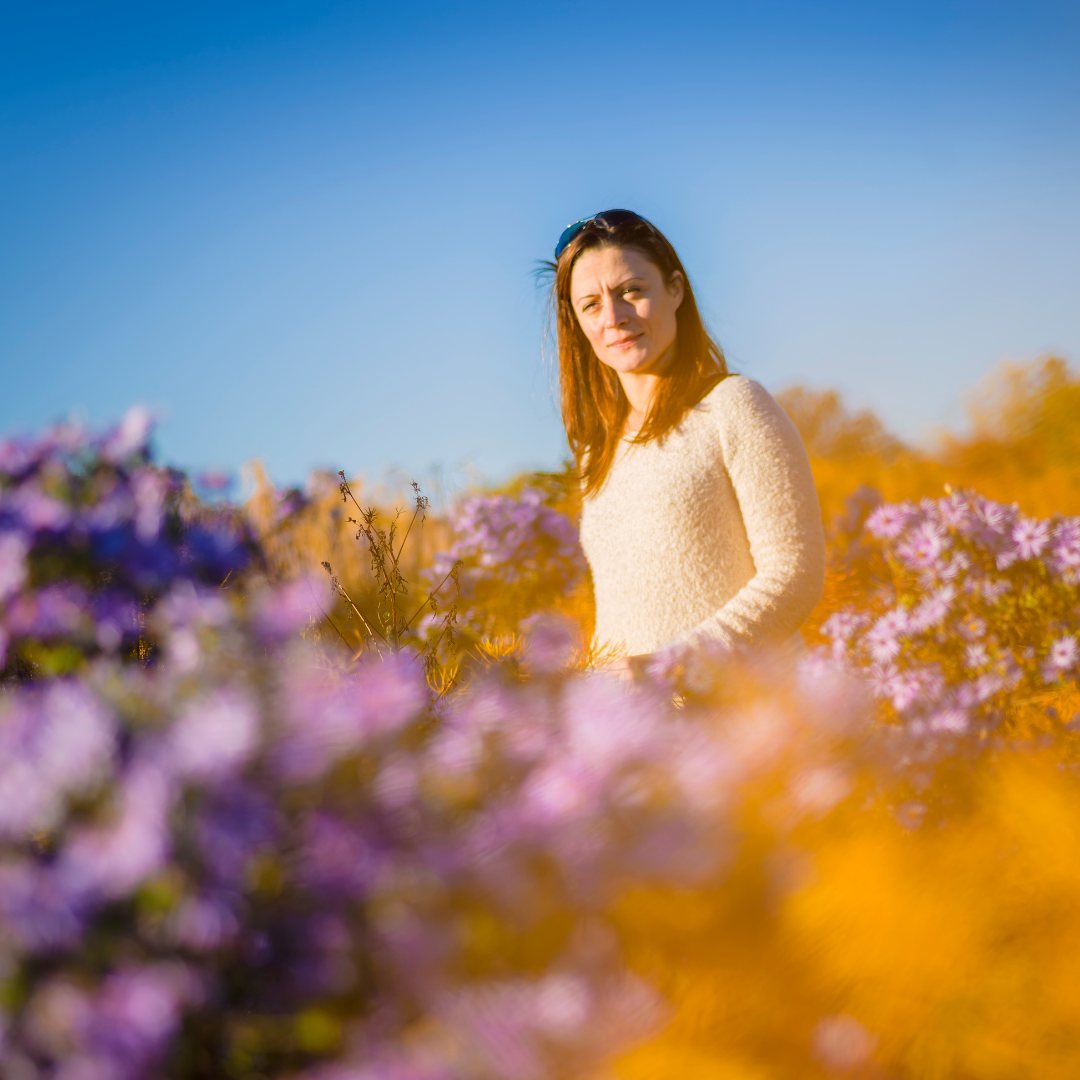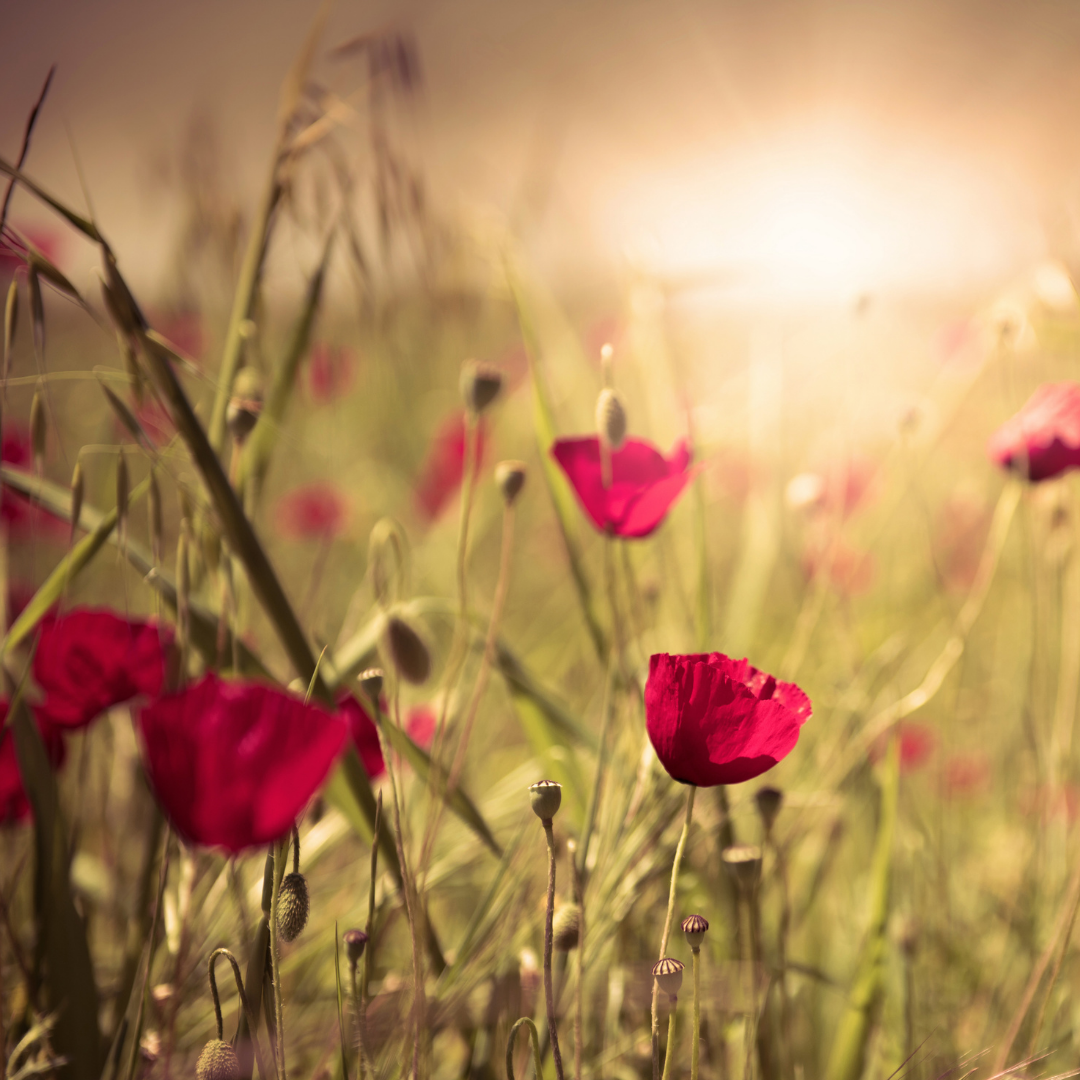
Kerry Campbell discusses our need to orient our minds toward truth, goodness, and beauty in order to thrive in difficult times.
Recently, I had kind of a terrible day. That day, I had some professional worries, had a book proposal rejection, and was certain I didn’t have a friend in the world, and all of that before noon! Maybe you can relate to a day like this, when everything seems to go wrong, and your mind creates a narrative that it’s not just a bad day but actually a bad life. Gosh, we tell ourselves stories, don’t we, but as we begin this brand-new year, let’s consider how to set our minds right, and how we can see our lives through God’s loving lens using the guideposts of beauty, truth, and goodness.
When my kids were younger, I’d impress upon them the importance of being gatekeepers of their own minds. Scary movies, disturbing content, even some things they heard from a few choice classmates: these could provoke reactions that stayed with them for days, but only if they let them in. “You have the power to control what gets in there in the first place,” I’d say, “and you have to. What gets into your mind is your responsibility. You have to be the gatekeeper of your own mind, so much as you can.”
It’s good advice for all of us, and well, I guess I’ll just speak for myself. It’s good advice for me. When I’m scrolling and comparing and feel "less than" everyone else’s curated, seemingly perfect lives, I’m not being a good gatekeeper for myself. When I feel the urge to engage in what will certainly be spirited, totally fruitless, and likely painful debate with someone based on something they say or post, I know I’ve let the gate dangerously down. And as an empathetic person, I find I even must distance myself from very emotional or tragic movies or tv sometimes because those storylines can stick with me in a way that they can be hard to shake out.
Anyway, to get back to my very terrible day. I found myself at the end of it, kind of shell-shocked, and maybe you know how that goes. Yes, there had been crying and yes, there was self-care and a long walk, and I felt wrung out and ready for the sleep which would lead to a much more hopeful morning. But before that, I had to acknowledge the strange fact of a song stirring in my heart. I wrote it in my prayer journal and as I did, I sang the words.
Know that the LORD is God, indeed,
He formed us all without our aid.
We are the flock He loves to feed,
the sheep who by His Hand were made.
Something in my spirit, or maybe the Holy Spirit who lives within me, was pointing me toward the beauty of that melody, the truth of God’s sovereignty and care reflected in the lyrics, and the reality that I really can rest in God who loves me, all of that leading to the goodness of the settled heart of a much-loved child.
Plato called truth, goodness and beauty ‘Transcendentals’, or the properties of being. If we want to know anything, these are the things that can be known: what is true, what is right, what is lovely. Each of them represents whole spheres of study; science being the study of truth, religion being the study of goodness, and art as the study of beauty. Linked with the human capacities to think, wish, and feel, they’re paralleled with the philosophical pursuits of logic, ethics, and aesthetics.
So, how does this ancient history of the pursuit of truth, goodness, and beauty serve us today? How can these three serve as the guideposts we most need in a world that continually serves us the opposite of truth, goodness, and beauty and in fact, questions the very reality of them?
If we believe there are such things as goodness, truth, and beauty, then we can use our God-given agency to orient ourselves toward each of them every day in the choices that we make. In this troubled and chaotic world, we can be the gatekeepers of our own minds, bodies, and spirits and maybe you’ll agree that in this particular time in history, we must.

Some of the everyday choices we can make toward beauty are small but meaningful: eating an orange instead of a bag of Doritos, reading a good book over scrolling through Instagram or Facebook, taking a walk, and looking at the sky over engaging with questionable content on our televisions. There’s a reason we decorate our homes, love looking at a fire, and appreciate good art and music. We are programmed by our Creator to love beauty, but somehow the things we habitually take in these days are kind of ugly, don’t you think? Our spirits know the difference, and they’re telling us, in that feeling of fire in our brains, our skyrocketing anxiety, our divisive anger. Friend, this is not how we were made to live.
Goodness is defined as morally virtuous, beneficial, and nourishing. We know the good feeling of helping another person or undertaking a good work. And we can define goodness by our actions, and we totally should, but goodness is also reflected in the state of the heart, the purity and wholeness of what we think and ponder. I see goodness when I look into the eyes of my pup, Bailey, or my preschool music students. Goodness is just in there. Orienting our minds toward goodness will lead us to more good acts, and gosh, doesn’t the world need more of that today? Paul wrote, in his letter to the Philippians,
Finally, brothers, whatever is true, whatever is honorable, whatever is just, whatever is pure, whatever is lovely, whatever is gracious, if there is any excellence and if there is anything worthy of praise, think about these things.Keep on doing what you have learned and received and heard and seen in me. Then the God of peace will be with you. (Philippians 4:8-9)

Click to tweet:
How does this pursuit of truth, goodness, and beauty serve us today? #catholicmom
When it comes to truth, there seems to be so much up for debate these days. What is true, or what you perceive as the truth, can change depending on who you listen to, and this is confusing and painful and leads to brokenness in relationships and even violence as we’ve seen. We can’t agree on what is true, even in very basic matters, so we can’t move forward in making things better than they are. We’re divided and we’re stuck.
In this confusing time, how can we know what is true? This is a hard question to tackle, but maybe the answer was easier to find before we were all so electronically connected, before there were so many voices readily available at our fingertips, before algorithms designed to get and keep our attention, to make us angry, tribal, and fearful and to keep us that way were just how we lived out our everyday lives. Maybe truth was easier to discover then, or maybe not.

If we can settle our spirits and be intentional, the three guideposts of beauty, truth, and goodness can be the path out of this wilderness we find ourselves in. We may find that one guidepost will lead to another, that finding beauty on a walk in the woods will lead us to the truth of God’s creativity. The goodness of holding a door open for someone will lead us to the beauty of experiencing our shared humanity once again. Knowing the truth of our limited time on this earth might lead us to the beauty of living it well, more holy, present, one choice at a time.
At least that’s what I’m hoping. At the end of my very terrible day this week, it was God who put a new song in my spirit and who illuminated truth, goodness, and beauty for me so that I could begin again with a whole new day, and friend, the week got so much better when I did, remembering the truth that the Lord is God indeed. As we move through this brand-new year, let’s let beauty, truth, and goodness be the guideposts we need to move forward, and let’s try doing that together.
Copyright 2022 Kerry Campbell
Images: Canva Pro
About the Author

Kerry Campbell
Kerry Campbell is a Catholic-Christian preschool music teacher, church cantor, writer, full-time noticer, and Mom to two college students. She’s letting the details of her life inform her wider view in the suburbs of Boston, Massachusetts. She loves connecting with readers, so find her writing at MyLittleEpiphanies.com and please say hello!


.png?width=1806&height=731&name=CatholicMom_hcfm_logo1_pos_871c_2728c%20(002).png)
Comments